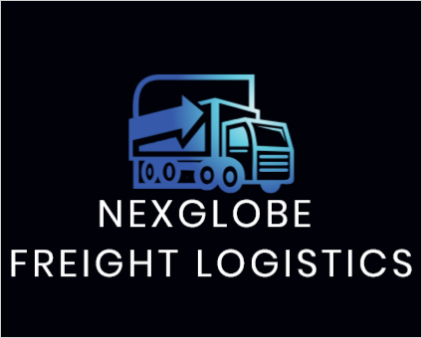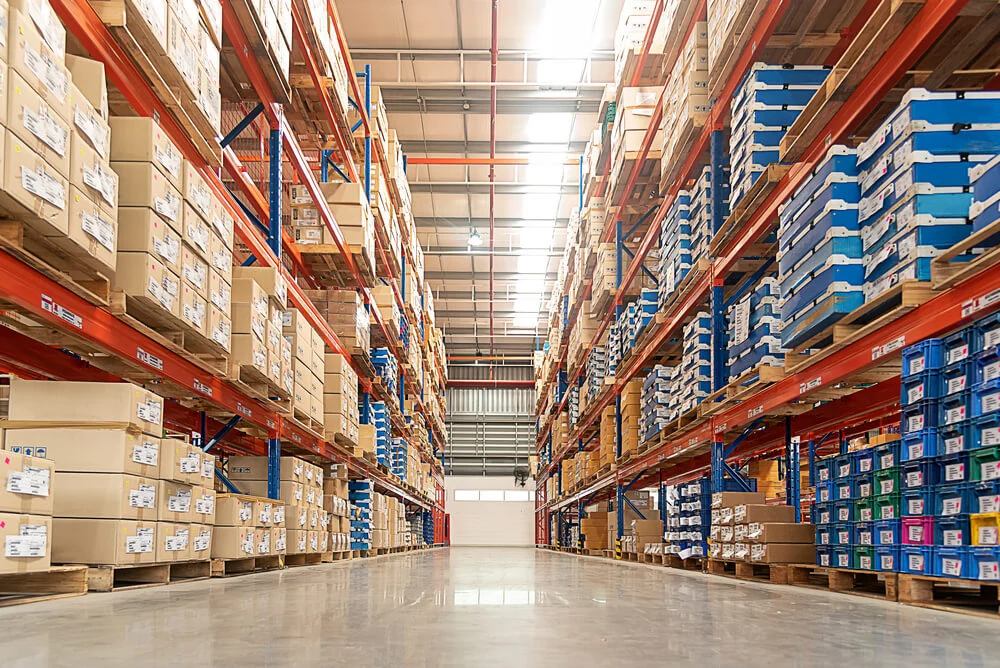The logistics and delivery industry has undergone dramatic changes in recent years, driven by the rapid advancement of technology. From artificial intelligence (AI) to automated delivery systems, the role of technology has become increasingly vital in optimizing supply chains, improving delivery speed, and enhancing customer experiences. In this article, we’ll explore how technology is shaping the future of logistics and what businesses and customers can expect moving forward.
1. Artificial Intelligence & Machine Learning
AI and machine learning are revolutionizing the logistics industry by improving efficiency, forecasting demand, and enhancing decision-making. With the ability to process vast amounts of data, AI algorithms can predict optimal delivery routes, reducing fuel costs and improving delivery time. For example, AI-driven route optimization ensures that shipments take the shortest and most efficient path to their destination.
Moreover, predictive analytics enables logistics providers to forecast demand more accurately, helping them allocate resources better and streamline operations. This makes it easier to handle fluctuations in shipping volume and avoid delays.
2. Autonomous Vehicles & Drones
One of the most exciting technological advancements in logistics is the development of autonomous vehicles and delivery drones. These technologies promise to dramatically change the way goods are transported.
Autonomous trucks have the potential to reduce human error, cut costs, and improve fuel efficiency. Several logistics companies are already experimenting with driverless vehicles for long-distance cargo transportation.
Similarly, drones are being tested for last-mile delivery, offering a quicker and more cost-effective solution for getting packages to customers’ doorsteps. Drones could reduce delivery time to hours or even minutes, especially in areas with less traffic congestion.
3. Real-Time Tracking and IoT
Real-time tracking is transforming how businesses and consumers track shipments. Internet of Things (IoT) technology, integrated with sensors and GPS systems, allows both customers and logistics providers to monitor deliveries in real time. This level of transparency increases trust and helps reduce anxiety for customers waiting for packages.
For businesses, real-time data on shipments helps in making quicker decisions and solving issues as they arise, such as rerouting or adjusting delivery times. The integration of IoT in logistics has also led to improvements in warehouse management, inventory control, and fleet management.
4. Blockchain for Transparency and Security
Blockchain technology is revolutionizing the way logistics companies manage data and contracts. By providing a decentralized and immutable ledger, blockchain ensures that transactions are secure, transparent, and easily traceable. This is particularly important in an industry where fraud, errors, and delays are common.
In addition, blockchain can improve supply chain visibility, allowing stakeholders to track products from the point of origin to their final destination, ensuring transparency at every stage.
5. Robotics & Automation in Warehouses
Robotics and automation are transforming warehouses into efficient, high-tech hubs. Automated guided vehicles (AGVs), robotic arms, and sorting systems are increasingly used to move goods, pick items, and package shipments. These systems enhance the speed and accuracy of order fulfillment, making the logistics process more efficient.
The use of robotic process automation (RPA) has also streamlined administrative tasks such as invoicing, scheduling, and inventory tracking. By automating these processes, companies can reduce costs and focus on core operations.
6. Sustainable Logistics with Green Technology
As environmental concerns grow, logistics companies are adopting green technologies to minimize their carbon footprint. Electric vehicles (EVs) and solar-powered warehouses are just a few examples of how the industry is transitioning toward more sustainable practices.
Sustainable practices not only contribute to environmental protection but also improve operational efficiency and reduce long-term costs. Many customers are also showing preference for eco-friendly shipping options, making sustainability a significant factor in the future of logistics.
7. Cloud-Based Platforms and Big Data
Cloud technology has revolutionized how logistics companies manage and store data. Cloud-based platforms allow businesses to access real-time data from anywhere, improving collaboration and decision-making. In addition, big data helps logistics providers analyze consumer behavior, optimize shipping routes, and forecast future demand.
By leveraging cloud-based platforms and big data, logistics companies can become more agile, respond to changing market conditions faster, and deliver a higher level of customer service.
8. Customer Experience and Personalization
Technology is also changing the way logistics companies interact with customers. Chatbots and AI-powered customer service tools are providing 24/7 support, addressing customer inquiries, and solving problems in real time. Personalization plays a crucial role as businesses use customer data to offer tailored shipping options, discounts, and more.
In the future, logistics providers will offer even more personalized experiences, such as delivery time windows, preferred drop-off locations, and real-time notifications to keep customers informed throughout the shipping process.
Looking Ahead: What’s Next for Logistics?
As the logistics industry continues to evolve with technology, speed, efficiency, and customer satisfaction will be the driving forces behind innovation. From AI to drones, blockchain, and automation, the future of logistics looks brighter than ever. Companies that embrace these technological advancements will not only stay ahead of the competition but also deliver better experiences for their customers.
At NEXGLOBE FREIGHT LOGISTICS, we are committed to integrating cutting-edge technology to improve every aspect of the logistics process, from shipping and delivery to customer service and tracking. The future is now, and we’re excited to be part of it!
🚛 Stay tuned for more innovations in logistics, and let us handle your shipping needs with speed and reliability! 🚀

